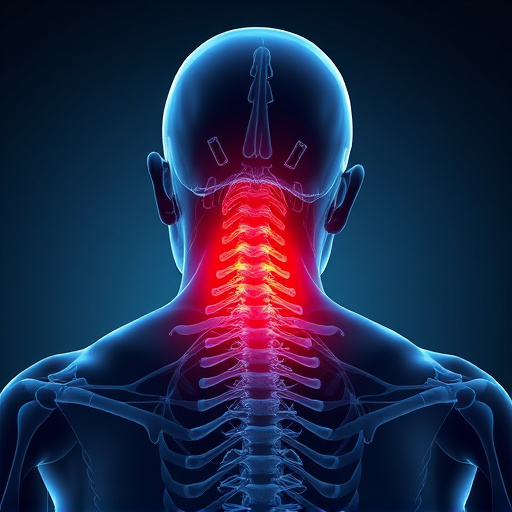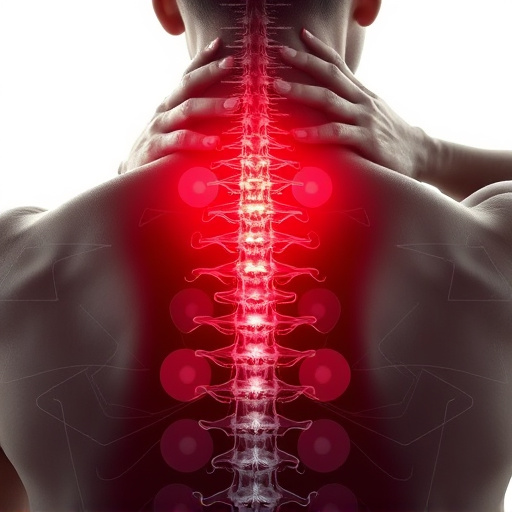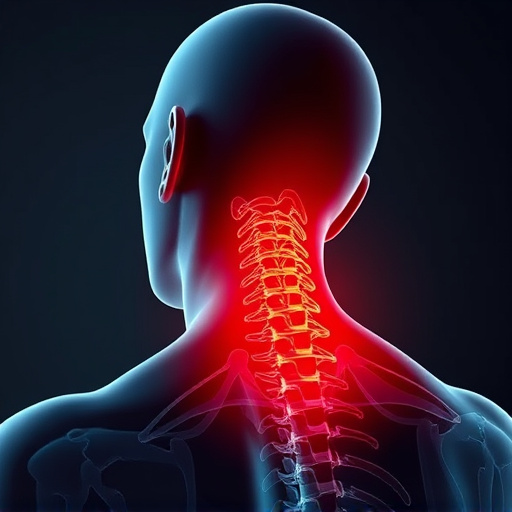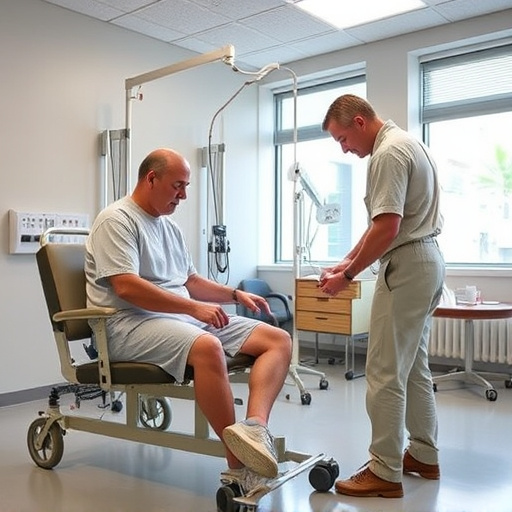An auto injury assessment is a comprehensive, multi-disciplinary process vital after a car crash. It documents visible and internal injuries, including soft tissue damage and chronic pain, as well as psychological impacts. Chiropractors play a key role in diagnosing conditions like whiplash, while legal professionals guide victims through the insurance claims process. These detailed reports strengthen legal claims, ensuring victims receive appropriate care and fair compensation for all accident-related losses.
In the aftermath of a car accident, a professional auto injury assessment is crucial for safeguarding your legal rights. This comprehensive evaluation goes beyond surface-level damages, delving into the complex web of physical and psychological injuries, medical records, and financial implications.
Understanding the intricacies of these assessments is key to navigating the legal landscape effectively. From determining liability to securing fair compensation, a well-conducted auto injury assessment forms the foundation for robust legal protection.
- Understanding Auto Injury Assessments: The Foundation of Legal Protection
- Key Roles and Responsibilities in the Assessment Process
- Maximizing Compensation: How Professional Assessments Strengthen Your Case
Understanding Auto Injury Assessments: The Foundation of Legal Protection

Understanding auto injury assessments is paramount for anyone involved in a car crash. These comprehensive evaluations go beyond mere physical examination; they serve as the bedrock of legal protection for victims. During an assessment, healthcare professionals meticulously document all injuries, including visible scars, fractures, and internal damage. They also assess invisible yet profound impacts like soft tissue injuries, which can lead to chronic pain and long-term health issues. This meticulous record is crucial in navigating auto accident recovery and ensuring back pain relief for those affected.
Auto injury assessments don’t merely focus on the immediate physical effects; they consider the psychological toll as well. The impact of a crash can extend far beyond the body, causing emotional distress and cognitive changes. A thorough assessment captures these nuances, providing evidence that supports victims’ claims and guides them through the legal process. By documenting every facet of an individual’s condition post-accident, auto injury assessments play a pivotal role in securing justice and facilitating a smoother path to recovery.
Key Roles and Responsibilities in the Assessment Process

In an auto injury assessment, several key roles and responsibilities come into play to ensure a comprehensive evaluation. The process typically involves a collaborative effort between healthcare professionals, legal experts, and insurance adjusters. Chiropractors often play a pivotal role in diagnosing and treating conditions like whiplash, which is common in car accidents. They provide crucial expertise in evaluating spinal alignment and offering treatments tailored to chronic pain relief.
Legal professionals are responsible for understanding the complexities of insurance policies and relevant laws. They work closely with adjusters to ensure fair compensation for victims. Effective communication and documentation throughout the assessment process are essential, as these steps can significantly impact the outcome of an injury claim, including access to appropriate chiropractic care and whiplash treatment, ultimately affecting the patient’s recovery journey.
Maximizing Compensation: How Professional Assessments Strengthen Your Case

In the quest for justice and fair compensation after a car accident, an auto injury assessment plays a pivotal role in strengthening your legal case. Professional assessors, trained in evaluating various aspects of physical injuries and their impact on daily life, provide detailed reports that can significantly enhance your claims. These assessments go beyond mere medical documentation; they offer concrete evidence of the extent of your injuries, including conditions like herniated discs, which might not be immediately apparent or fully understood by laypersons.
By employing specialized techniques and knowledge of advanced treatments like mobility improvement and functional rehabilitation, these professionals can demonstrate how your injuries have affected your quality of life and will continue to do so. This detailed and evidence-based approach ensures that your case presents a clear picture of the harm inflicted, thereby maximizing your chances of securing the compensation you rightfully deserve for medical expenses, pain and suffering, lost wages, and more.
A professional auto injury assessment is not just a technical process; it’s a cornerstone of legal protection and a key to maximizing compensation. By involving qualified experts, individuals involved in car accidents gain invaluable insights that strengthen their cases. These assessments provide detailed evidence, ensuring fairness and just outcomes, which is essential for navigating the complex landscape of personal injury claims. When seeking redress, remember that the quality of your auto injury assessment can make a significant difference in the outcome of your case.














